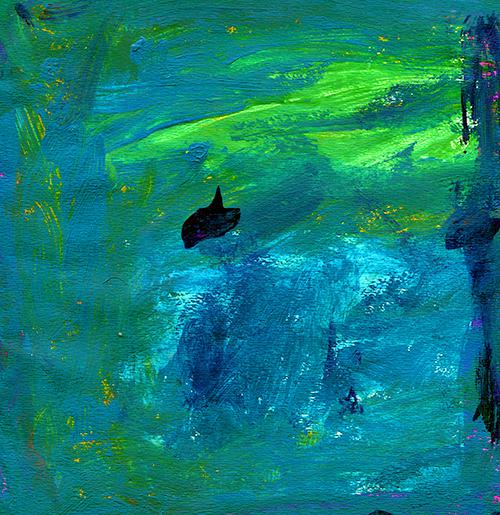Carlo Gnocchi,
Pedagogia del Dolore Innocente
(1956; currently not available in English translation).
Familiar with human suffering, injustice and war, Fr. Carlo Gnocchi (b. 1902), a diocesan priest from Milan, Italy, served as a military chaplain during the Second World War. After that he felt a specific priestly call to serve the spiritual and human needs of those who escaped death during the war, but remained seriously wounded and spiritually affected by the inhuman atrocities of the conflict. Thanks to the daily Eucharist, the mystery of the Cross was so present in his life and ministry that Gnocchi’s profound Christian sensibility and heroic service to the suffering and dying seemed to come naturally to him. Ever mindful of man’s supernatural destiny, his professional work of curing the sick and tending the wounded was undertaken with an eye to his patients’ eternal fulfillment in Christ. The Ambrosian priest always intended care-giving to make concrete and real the distinctly Christian approach to broken lives, that is, by addressing amputated bodies and wounded psyches with hope and love. Fr. Gnocchi grasped that human suffering, physical pain, and spiritual distress can be mysteriously welcomed as our true participation in Christ’s suffering on the Cross for the sake of our redemption from sin and evil—the real cause and root of all human sickness, suffering, hatred and conflict.
Fr. Gnocchi’s Christian judgment on innocent suffering springs from his Eucharistic experience of Christ’s innocent suffering on the Cross, his spiritual and physical healing during his earthly life, and his filial free offering of himself in the Eucharist for the restoration of humanity.
The Pedagogy of Innocent Suffering (Pedagogia del dolore innocente) is a short but intense spiritual reflection written by Saint Carlo Gnocchi and published just a few days before his death (February 28, 1956). It unfolds his deep dedication and life-giving service to his beloved amputee children (“I suoi amati mutilatini”). He felt the need to accompany and, indeed, become one with the children injured during the war after being indelibly marked by the experience of his chaplaincy to Italian soldiers on the battlefields of Greece, Albania, Montenegro, Croatia, and Russia. He established houses, schools, and a social organization for the sake of the most vulnerable and innocent among the wounded, namely, children. Having witnessed lives irremediably destroyed by the war, his writing probes the problem of evil as it arises out of the suffering of children—innocent of the malicious desires that lead to war. Why do children need to suffer for an evil they could not even conceive of, let alone perpetrate? They are not even capable of hating their enemies, those who injured them. Gnocchi finds his answer in the cry of Christ on the Cross, the suffering of the Innocent Man, the Son of God himself, which makes itself present in these innocent children so grievously injured, both psychologically and physically. Throughout the pages of this meditation, we can perceive the mystical experience of a saint—transparent to the purity of divine light—whose humanity has been placed in between human innocence and the monstrous force of evil. The incomprehensibility and injustice of children’s suffering at a human level prompts Fr. Gnocchi to go directly to its root: human sin. Fortified by his faith in the saving Cross of Christ, he can examine the problem clearly and unflinchingly, and his conclusion is profound. Fr. Gnocchi’s Christian judgment on innocent suffering springs from his Eucharistic experience of Christ’s innocent suffering on the Cross, his spiritual and physical healing during his earthly life, and his filial free offering of himself in the Eucharist for the restoration of humanity. Fr. Gnocchi’s questioning as a priest does not spring from, let alone nurture, any anger against God or hatred and revenge against those guilty of war atrocities. Rather, he comes to recognize that the suffering of these children can be united to Christ’s sacrifice for the sake of human salvation precisely because their suffering is innocent, blameless, and totally transparent to the fullness of the true and spotless humanity of Jesus Christ. Their offering becomes efficacious and reconciling even for their enemies and murderers, like the Holy Innocents in the Gospel, because they suffer without reason, without any justifiable cause, without any actual sin. For them and through them innocent suffering manifests its mysterious pedagogy. By being offered as the sacrificial act of those who, as children, simply love, their suffering can be a profound act of mercy toward their persecutors and killers. The innocent suffering of children, though terribly mysterious for us, can—thanks to its blamelessness―be offered for the sake of love through the free love of the innocently crucified Man whose sacrifice has been received and accepted by his merciful and all-loving Father.
Father Fabrizio Meroni, P.I.M.E. is Assistant Professor of Theological Anthropology at the John Paul II Institute in Washington, DC.



